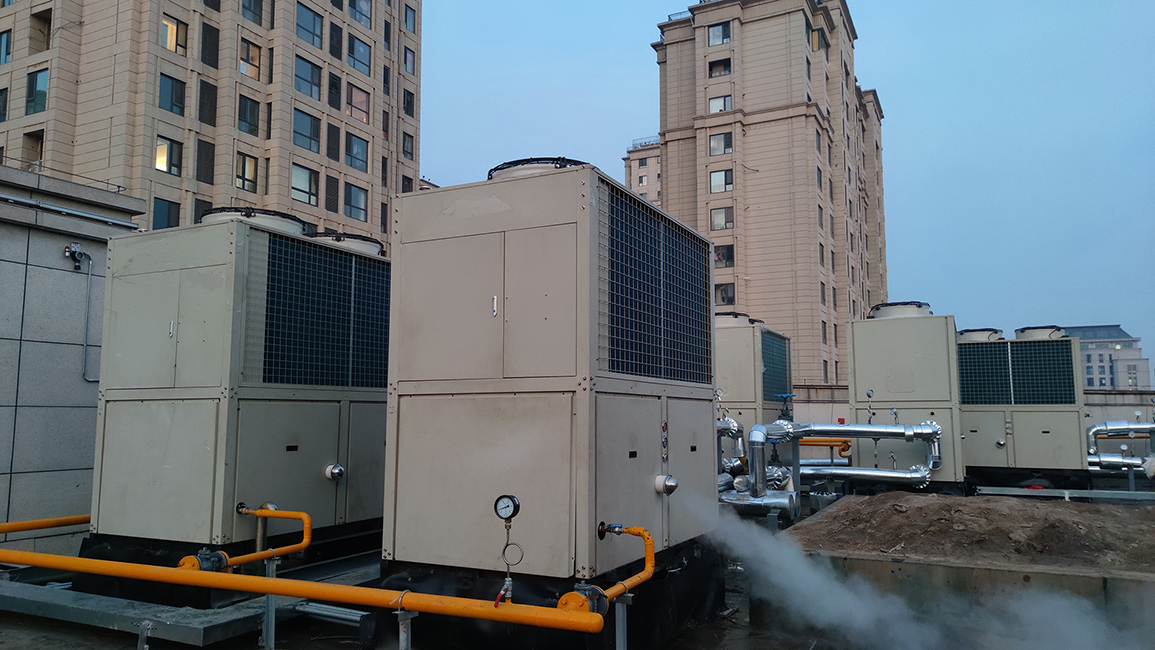- Afrikaans
- Albanian
- Amharic
- Arabic
- Armenian
- Azerbaijani
- Basque
- Belarusian
- Bengali
- Bosnian
- Bulgarian
- Catalan
- Cebuano
- China
- China (Taiwan)
- Corsican
- Croatian
- Czech
- Danish
- Dutch
- English
- Esperanto
- Estonian
- Finnish
- French
- Frisian
- Galician
- Georgian
- German
- Greek
- Gujarati
- Haitian Creole
- hausa
- hawaiian
- Hebrew
- Hindi
- Miao
- Hungarian
- Icelandic
- igbo
- Indonesian
- irish
- Italian
- Japanese
- Javanese
- Kannada
- kazakh
- Khmer
- Rwandese
- Korean
- Kurdish
- Kyrgyz
- Lao
- Latin
- Latvian
- Lithuanian
- Luxembourgish
- Macedonian
- Malgashi
- Malay
- Malayalam
- Maltese
- Maori
- Marathi
- Mongolian
- Myanmar
- Nepali
- Norwegian
- Norwegian
- Occitan
- Pashto
- Persian
- Polish
- Portuguese
- Punjabi
- Romanian
- Russian
- Samoan
- Scottish Gaelic
- Serbian
- Sesotho
- Shona
- Sindhi
- Sinhala
- Slovak
- Slovenian
- Somali
- Spanish
- Sundanese
- Swahili
- Swedish
- Tagalog
- Tajik
- Tamil
- Tatar
- Telugu
- Thai
- Turkish
- Turkmen
- Ukrainian
- Urdu
- Uighur
- Uzbek
- Vietnamese
- Welsh
- Bantu
- Yiddish
- Yoruba
- Zulu
ಡಿಸೆ . 23, 2024 00:30 Back to list
panel coil heat exchanger
Understanding Panel Coil Heat Exchangers Efficiency and Application
In the realm of HVAC (Heating, Ventilation, and Air Conditioning) systems, efficiency and performance are paramount to ensuring optimal thermal comfort and energy conservation. One key component that has gained increasing prominence is the panel coil heat exchanger. This innovative technology plays a crucial role in various applications, from residential heating systems to industrial processes.
What is a Panel Coil Heat Exchanger?
A panel coil heat exchanger is a type of heat transfer device composed of a series of tubes or coils that carry a heating or cooling medium. The design typically features flat panels that enhance the surface area for heat exchange, thereby improving efficiency. The coil works by moving fluid—usually water, glycol, or another heat transfer fluid—through the tubes. As the fluid circulates, it either absorbs heat from the air or releases heat into it, depending on whether it is functioning in a heating or cooling mode.
Advantages of Panel Coil Heat Exchangers
1. High Efficiency One of the primary benefits of panel coil heat exchangers is their ability to transfer heat effectively. The large surface area of the panels promotes better heat exchange, leading to improved efficiency in heating and cooling processes.
2. Flexible Configurations Panel coil heat exchangers can be customized to meet specific design requirements. They come in various sizes and shapes, making them suitable for different applications and environments. Whether for radiant heating in residential spaces or for large industrial applications, flexible configurations allow for great adaptability.
3. Space-Saving Design Unlike bulky conventional heating systems, panel coil heat exchangers can be installed in various locations, including ceilings, walls, or floors. This not only saves space but also allows for more efficient use of the building design by integrating the HVAC system seamlessly into the structure.
4. Energy Savings The efficiency of panel coil heat exchangers translates directly into energy savings. By optimizing heat transfer, these systems reduce the energy required to maintain comfortable temperatures, ultimately leading to lower utility bills and a reduced carbon footprint.
panel coil heat exchanger

5. Low Maintenance Panel coil heat exchangers generally require less maintenance compared to traditional heating and cooling systems. Their simple design minimizes the likelihood of mechanical issues, and regular inspections are often sufficient to keep them in good working order.
Applications of Panel Coil Heat Exchangers
Panel coil heat exchangers are versatile components that can be utilized in a range of settings
1. Residential Heating In homes, panel coil heat exchangers are commonly used to create radiant heating systems. When paired with a boiler or heat pump, they provide efficient and comfortable warmth throughout the living spaces while operating quietly.
2. Commercial Buildings In office buildings and retail spaces, these heat exchangers assist in maintaining a comfortable indoor climate while minimizing energy consumption. They are often integrated into larger HVAC systems, serving as both primary and auxiliary heating sources.
3. Industrial Processes Various industries utilize panel coil heat exchangers for process heating or cooling. They are employed in manufacturing plants, chemical processing, and food and beverage production, where precise temperature control is critical.
4. Swimming Pools In pool heating systems, panel coil heat exchangers are used to efficiently transfer heat to the pool water, allowing for a comfortable swimming experience year-round.
Conclusion
As energy efficiency and sustainability continue to be at the forefront of modern design and engineering, panel coil heat exchangers emerge as a compelling solution for efficient thermal management. Their versatility, high efficiency, and low maintenance requirements make them an ideal choice for a wide range of applications. Whether in residential heating systems or large industrial processes, they play a pivotal role in keeping our environments comfortable while also promoting energy conservation. As the demand for efficient HVAC solutions grows, understanding and utilizing technologies like panel coil heat exchangers will undoubtedly be central to future advancements in heating and cooling systems.
-
High-Precision Colloidal Silica Casting Solutions Custom & ODM
NewsMay.20,2025
-
High-Efficiency Cast Silico Aluminum Gas Boiler ODM & Custom Solutions
NewsMay.20,2025
-
Steel Reinforced Concrete Pipe Bottom Ring Moulds Buy Custom Solutions
NewsMay.19,2025
-
Original Concrete Pipe Mold Bottom Ring & Pallet Chinese Factory Direct Sale
NewsMay.19,2025
-
Custom Room Heating Heat Exchangers Energy-Efficient Solutions
NewsMay.18,2025
-
Precision Milling Body Casting Solutions Custom & ODM Options
NewsMay.18,2025


